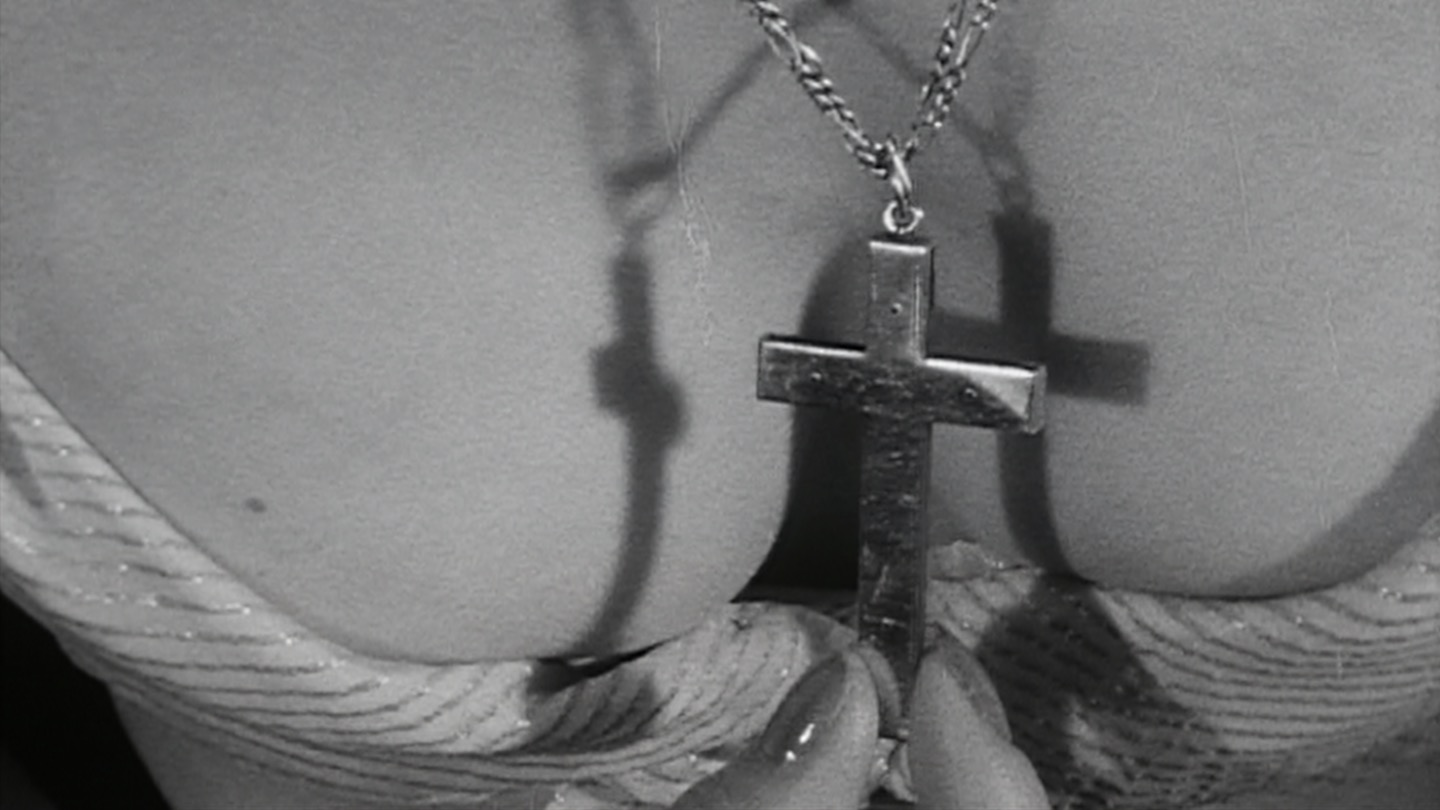↓
Marcel Mariën
Marcel Mariën (Belgium, 1920-1993) was born to a Flemish father and a Walloon mother, "and vice versa", as he liked to say. At a 1935 exhibition of contemporary art in Antwerp, Mariën first encountered the current of surrealism through two paintings by René Magritte. It was the beginning of a lifelong relationship with the painter. He lectured on Magritte's work, coined the titles for paintings crucial to Magritte's oeuvre, and organised a series of controversial happenings avant la lettre, including the distribution of counterfeit money on the Flemish coast. He maintained close contact with many Belgian and French surrealists, with whom he collaborated on pamphlets, book publications and exhibitions, and was close ed to the French Lettrists through the philosopher Guy Debord.
He founded the publishing house L'Aiguille aimantée, and together with Magritte also the publishing house Le Miroir infidèle. In 1948, he opened his own bookshop in Brussels: Au Miroir d'Elisabeth. Two years later, however, he decided to close shop and embark as a sailor on a cargo ship sailing between Normandy and the French West Indies. He also worked as a dactylographer for various companies and in different cities, including New York, where he also worked as a hospital worker and clerk in a bookshop.
After his return to Belgium, he and a few colleagues from a newspaper editorial office faked a contest whose proceeds financed his film L'imitation du cinéma in 1960. He then travelled across the United States, continued his travels in Asia, and sojourned in Beijing for a year and a half. The last years of his life were spent in Brussels, where he published several texts and books and presented his work in exhibitions.
In this surrealist short film, a young man receives the book The Imitation of Jesus Christ from a priest, which induces a strong desire to be crucified. He embarks on a search for a suitable cross in the city.
